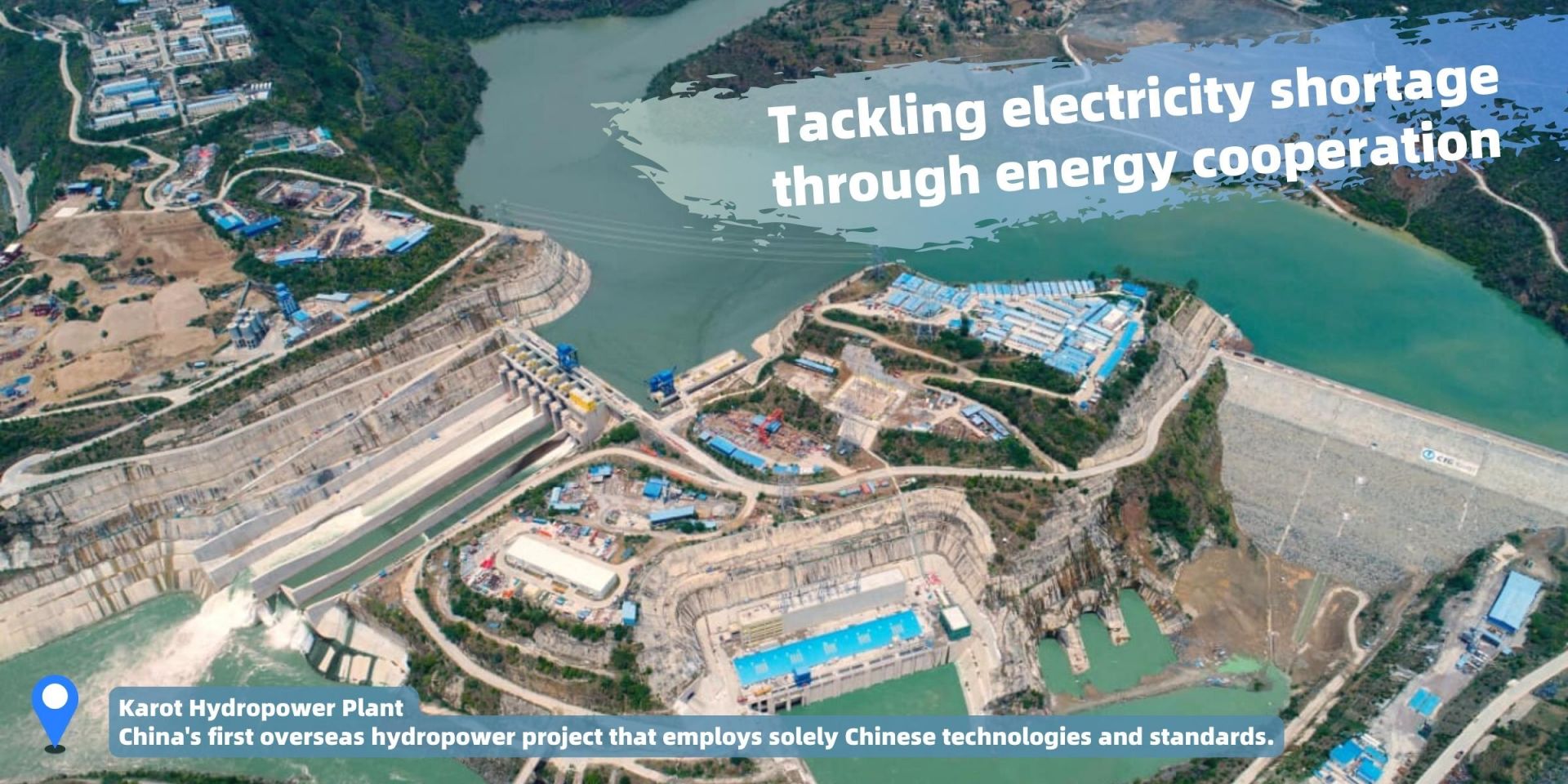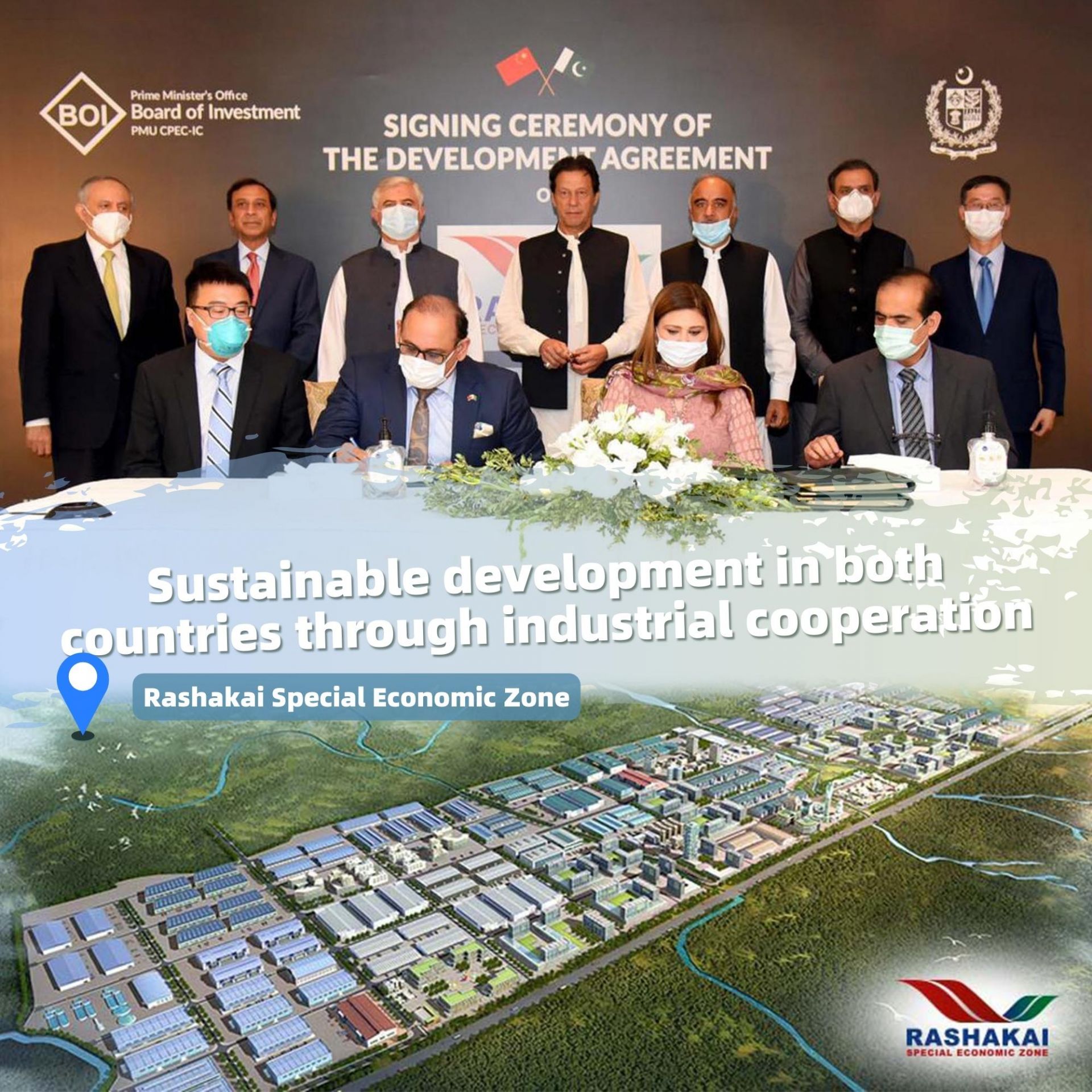A decade of the China-Pakistan Economic Corridor: New opportunities brought by Chinese modernization
来源:China.org.cn 2023-05-09 19:57
Editor's note: The China-Pakistan Economic Corridor (CPEC) commences from Kashgar, a city in China's Xinjiang, and terminates at the port city of Gwadar in Pakistan. Covering a distance of 3,000 kilometers, this corridor is a significant undertaking that has benefited over a billion people and serves as a symbol of the Belt and Road collaboration. This year marks a decade since the launch of the CPEC project, which has bolstered trade between Kashgar and China's neighboring countries and had a positive impact on Pakistan and the surrounding regions over the past ten years.

The Sahiwal Power Plant and Port Qasim Power Plant have contributed to one-third of Pakistan's power generation, while the Matiari-Lahore high-voltage direct current (HVDC) transmission and other power transmission initiatives have significantly alleviated electricity shortages. As a result, the country now has ample installed power capacity to cater to domestic demand. Furthermore, the Sahiwal Power Station project has achieved superior gas emission performance compared to local standards.
Notably, the Karot Hydropower Plant is China's first overseas hydropower project that employs solely Chinese technologies and standards.

The Karakoram Highway Phase II, Peshawar to Karachi Highway, and Pakistan's first urban transit train, the Lahore Orange Line Metro Train, are some of the projects that have contributed to increased transport capacity between China and Pakistan, as well as significant improvements to major roads in Pakistan. It's worth noting that the Lahore Orange Line Metro Train serves as Pakistan's first urban transit metro system.

The China-Pakistan cross-border optical fiber cable project has ended the era of no terrestrial optical fiber cables connecting China and Pakistan. In the field of agricultural cooperation under the CPEC framework, China has assisted Pakistan in controlling locust outbreaks by providing locust eradication supplies.
Furthermore, the Rashakai Special Economic Zone is the first industrial park established under CPEC, which has effectively integrated resources, promoted competitive industrial clusters, and bolstered exports.

The CPEC initiative has generated 192,000 job opportunities in Pakistan. The impartation of modern agricultural technologies and skills from Chinese experts to farmers in Gwadar has led to the conversion of over 100,000 square meters of new green land and increased cash crop yields.
Moreover, China's donation of the Faqeer Middle School in Pakistan, equipped with modern teaching facilities, can accommodate 1,000 students, improving the local educational infrastructure.





